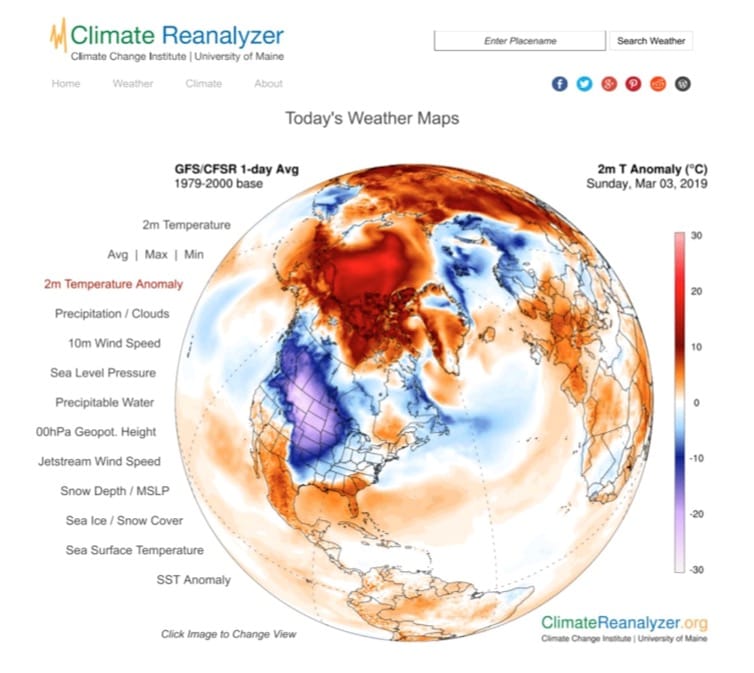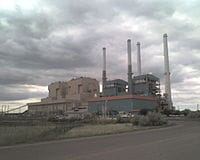Energy Matters Updates
Member Spotlight: Idaho Rivers United
Idaho Rivers United, a Coalition member for the past 14 years, advocates for protecting and restoring Idaho rivers. IRU defends at-risk fish populations, supports minimum stream flows that reduce dams’ harm to Idaho’s rivers. IRU argues that the four lower Snake River dams in Washington state are more of a threat to Idaho wild salmon survival than habitat destruction or overfishing.
Member Spotlight: Smart Grid Northwest
Smart Grid NW’s mission is to promote, grow and enable the smart grid industry and infrastructure in the Pacific Northwest. To fulfill this mission, Smart Grid NW engages in education and regulatory policy work and brings together technically knowledgeable vendors, utility operators and regulators to create a regional smart grid roadmap.
NW Energy Coalition issue paper weighs benefits and opportunities for vehicle electrification
Transportation is one of the most polluting, energy-inefficient sectors of our economy, and the Pacific Northwest is uniquely positioned to leverage its clean electricity resources to change that. State and local policy should foster a greater role for the region’s electric utilities in electrifying transportation, not only for passenger vehicles but also for buses, short-haul vans and trucks, and non-road industrial equipment such as forklifts and shore power.
Coalition study finds negligible cost for effective salmon recovery action
Nearly 35 years after the Northwest Power Act mandated equal treatment for fish and power generation in the Columbia-Snake system, 13 of the basin’s wild salmon and steelhead stocks are still listed under the Endangered Species Act. Recovery will require, among other measures, changes in hydropower system operations that will reduce electricity generation, such as dam removal or greatly increased spill over the dams. What would replacing the power cost Northwest energy consumers and how does it compare to escalating costs of maintaining aging power system infrastructure?
Northwest Power and Conservation Council and other planners systematically underestimate efficiency savings from new products
Regional energy efficiency achievements have far exceeded power planners’ expectations for the past 15 years. Better-than-expected savings sound great for consumers and the environment … and they are. But underestimating future efficiency savings can lead to false conclusions about the need for new power plants, resulting in unnecessary expenses that raise consumers’ bills.









![proterra kc livery[1] proterra kc livery[1]](https://nwenergy.org/wp-content/uploads/2016/01/proterra-kc-livery1.jpg)
